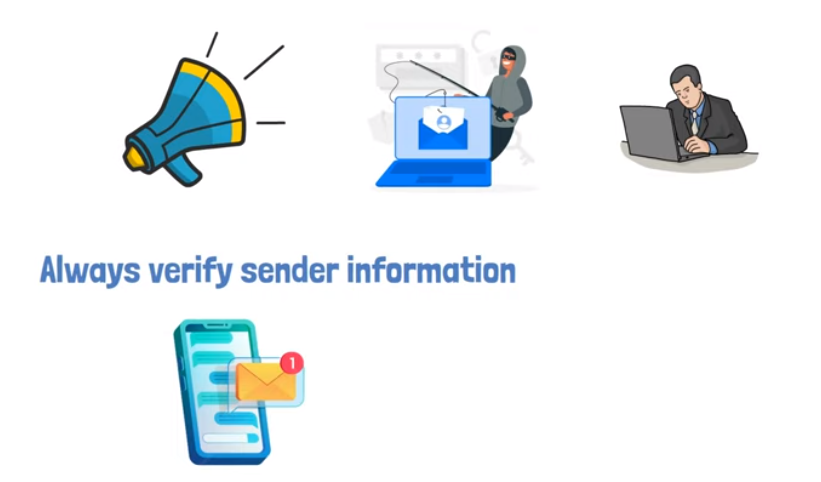Introduction
In the era of advanced technology, where data is often referred to as the “new oil,” companies have access to vast amounts of customer data. This data includes personal information such as names, addresses, contact details, and even financial records. However, the growing number of high-profile data breaches has raised serious concerns about the safety and security of this valuable information.
Importance of Customer Data Security

Customer data security is of paramount importance for several reasons. Firstly, it protects the privacy and personal information of individuals, ensuring that their sensitive data remains confidential and out of the wrong hands. Secondly, data breaches can have severe financial implications for both individuals and businesses, resulting in financial loss, legal consequences, and reputational damage. Lastly, maintaining robust data security practices fosters trust between companies and their customers, leading to long-term relationships and loyalty.
Current Data Breach Landscape
The current data breach landscape is alarming, with numerous high-profile incidents occurring across various industries. Major companies and organizations have fallen victim to cyberattacks, resulting in the exposure of millions of customer records. These breaches not only affect individuals but also have far-reaching consequences for businesses, including financial losses, legal battles, and damage to their reputations.
Potential Consequences of Data Breaches

Data breaches can have severe consequences for both individuals and companies. For individuals, stolen personal information can lead to identity theft, financial fraud, and other forms of cybercrime. In addition to the financial implications, victims may also experience emotional distress and a loss of trust in the companies responsible for safeguarding their data.
On the other hand, businesses that suffer data breaches face significant financial and legal consequences. They may incur hefty fines and penalties, not to mention the potential for expensive lawsuits from affected customers. Moreover, the negative publicity surrounding a data breach can tarnish a company’s reputation and result in a loss of customers and revenue.
Legal Framework for Data Security
Many countries have implemented laws and regulations to address data security concerns. These legal frameworks aim to protect individuals’ privacy rights and hold companies accountable for their data-handling practices. The General Data Protection Regulation (GDPR) in the European Union and the California Consumer Privacy Act (CCPA) in the United States are prominent examples of such regulations.
Arguments in Favor of Companies Being Legally Responsible for Data Security
Protecting Customer Privacy
Advocates argue that companies should be legally responsible for securing customer data because it is ultimately the customers’ personal information. By imposing legal obligations on companies to safeguard this information, privacy rights are protected, and individuals have greater control over how their data is used and shared.
Maintaining Trust and Reputation
Companies rely on the trust and confidence of their customers to thrive. Being legally responsible for data security demonstrates a commitment to protecting customer interests. By investing in robust security measures, businesses can strengthen their reputation and maintain the trust of their customers.
Mitigating Financial Losses
Data breaches can result in significant financial losses for individuals and businesses alike. Holding companies legally responsible for data security incentivizes them to invest in preventative measures, reducing the likelihood of breaches and mitigating potential financial losses for all parties involved.
Counterarguments Against Companies Being Legally Responsible for Data Security

The burden on Small Businesses
Some argue that imposing legal responsibilities for data security may place an undue burden on small businesses with limited resources. Complying with complex data protection regulations can be costly and time-consuming, potentially hindering the growth and competitiveness of small enterprises.
Encouraging Complacency
Critics suggest that making companies legally responsible for data security might create a sense of complacency. Companies may believe that merely fulfilling the legal requirements is sufficient, neglecting to implement additional security measures that could further protect customer data.
Balancing Responsibility with Individual Accountability
While companies should play a significant role in securing customer data, individuals also bear some responsibility for their data protection. Educating individuals about best practices for data security and promoting personal accountability can help create a more resilient defence against cyber threats.
Implementing Effective Data Security Measures
To prevent data breaches, companies should implement robust data security measures. These may include encryption and secure communication protocols, regular audits and vulnerability assessments, and comprehensive employee training and awareness programs. By adopting a proactive approach to data security, companies can significantly reduce the risk of breaches and better protect customer data.
The Role of Government and Regulatory Bodies
Government and regulatory bodies have a crucial role to play in ensuring data security. They need to establish and enforce comprehensive data protection laws, promote cybersecurity best practices, and provide guidance and support to businesses. By working in tandem with companies, government entities can create a safer digital environment for all stakeholders.
International Data Protection Standards
Given the global nature of data collection and storage, international data protection standards are essential. Cooperation between countries and the harmonization of regulations can facilitate more effective cross-border data protection and enhance customer trust in global business operations.
FAQs
Can companies be held legally liable for data breaches?
Yes, companies can be held legally liable for data breaches, especially if they fail to implement adequate security measures or violate data protection regulations.
What are the key data security regulations companies should comply with?
Some key data security regulations include the General Data Protection Regulation (GDPR) in the European Union, the California Consumer Privacy Act (CCPA) in the United States, and other country-specific data protection laws.
How can companies improve their data security practices?
Companies can improve their data security practices by implementing encryption and secure communication protocols, conducting regular audits and vulnerability assessments, and providing comprehensive employee training on data security best practices.
What steps can individuals take to protect their data?
Individuals can protect their data by using strong, unique passwords, enabling two-factor authentication, being cautious about sharing personal information online, and regularly updating their devices and software.
How does data breach notification work?
Data breach notification involves companies notifying affected individuals about a data breach, informing them about the nature of the breach, the compromised data, and the steps they can take to protect themselves. Notification requirements vary by jurisdiction.
Conclusion
The question of whether companies should be legally responsible for securing customer data is a complex one. While arguments can be made on both sides, the protection of customer privacy, the maintenance of trust and reputation, and the mitigation of financial losses provide compelling reasons for holding companies accountable. However, careful consideration must also be given to the potential burden on small businesses and the importance of balancing responsibilities between companies and individuals.
